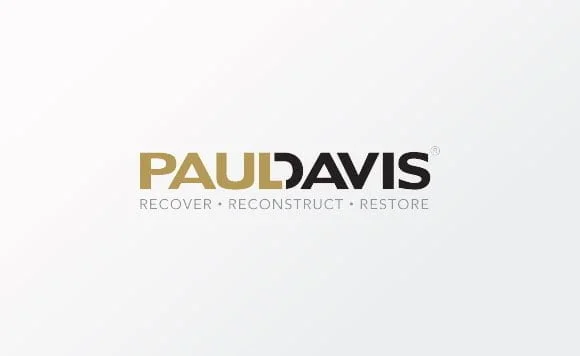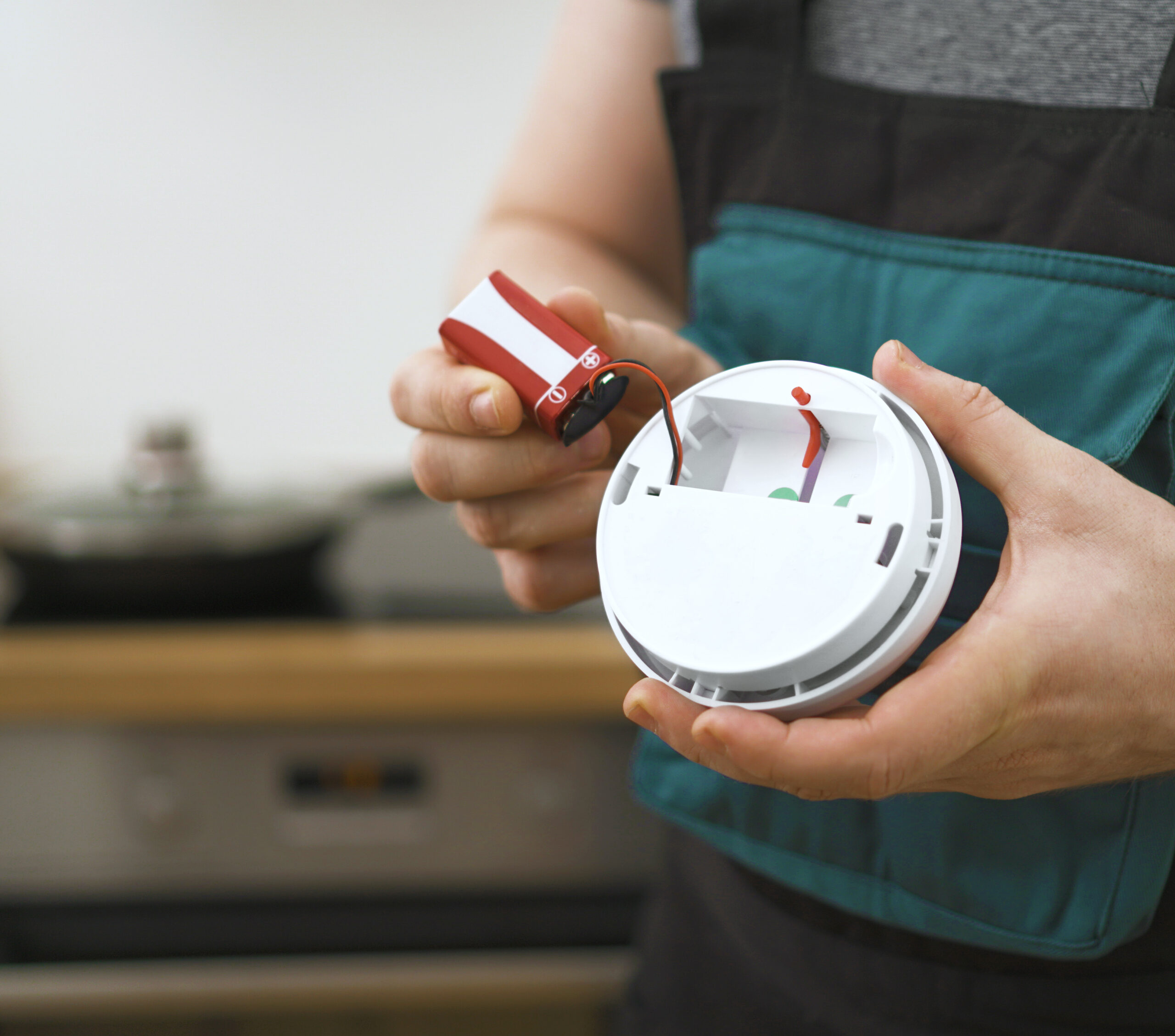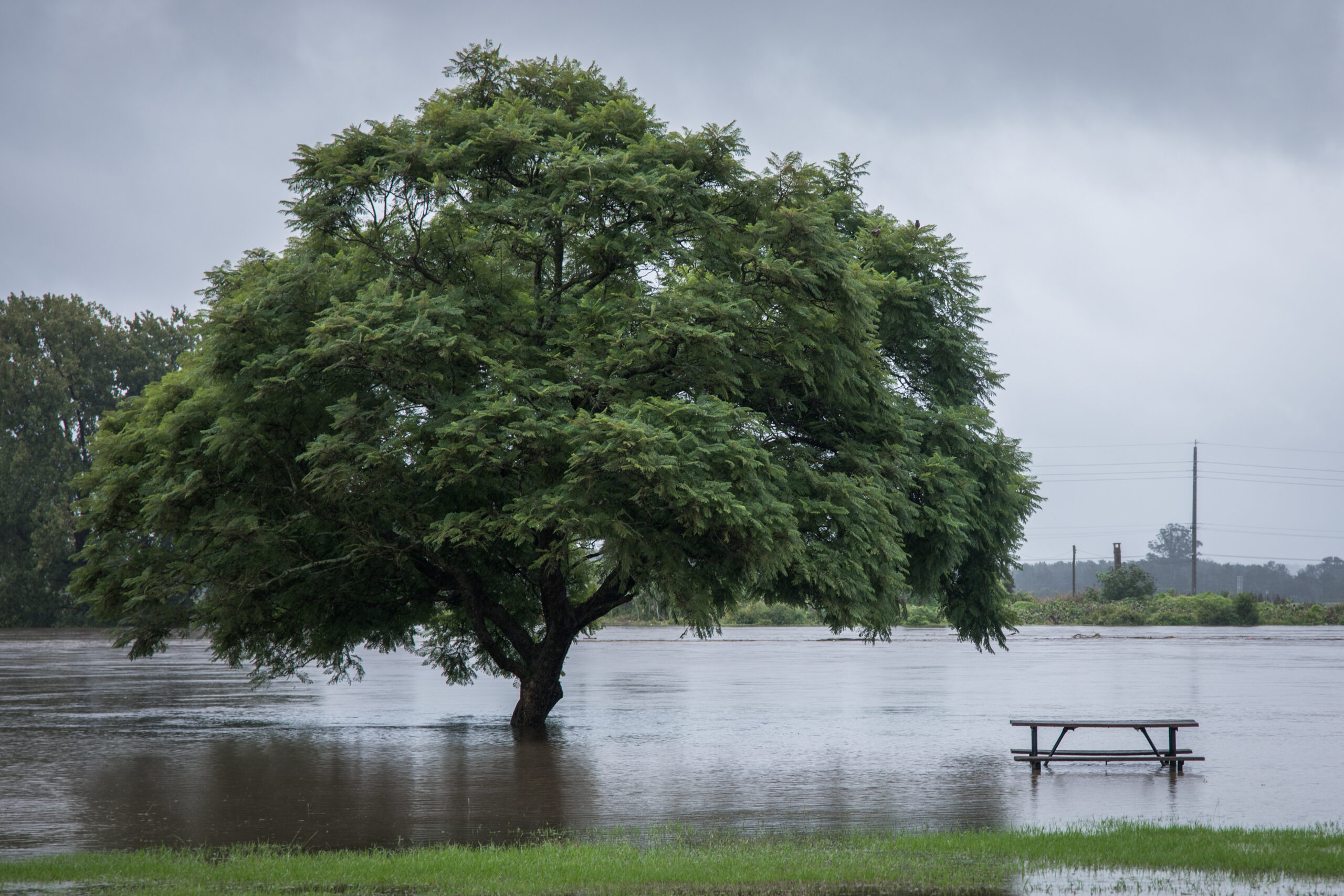
An empty soda bottle rolling around a job site seems like a small problem, but it’s a big liability when a worker trips over it and breaks an arm. Construction sites can be dangerous places for all kinds of reasons large and obvious, as well as soda-bottle-small and seemingly unimportant. About 150,000 construction site mishaps occur yearly in the United States and the “Fatal Four” are particularly prevalent: falls, being struck by an object, electrocution and getting caught in or between something.
“The overarching reason for most construction site accidents is putting schedules and costs ahead of worker safety,” says Bruce Powell, Health and Safety Officer, Paul Davis National. “When you put safety first, most accidents are preventable.” Powell advises taking seven steps to manage risks and increase the odds that every worker goes home safely after every shift:
Reduce trash and debris onsite: Many construction managers schedule time at the end of each shift to clean and organize. Not only does this speed work when the next shift begins, it reduces slip, trip and fall accidents, too.
Set up and use waste chutes: Waste chutes are so helpful at reducing trash and debris that many savvy construction companies use them on any size job. Debris disposal occurs immediately, keeping work areas cleaner and safer. Waste chutes also minimize another unsafe site practice: tossing debris instead of placing it in containers.
Minimize onsite storage: When possible, store construction materials and supplies – especially chemicals – offsite until needed. This keeps areas clear for easier maneuverability, speeds work, improves lines of sight and reduces the risks of materials injuring workers.
Secure materials carefully above ground level: There’s a reason why hard hats are required: work often happens overhead. Most workers focus their gaze at eye level, making objects falling from above particularly dangerous. Protect those below by carefully securing all materials that leave the ground floor even for a moment.
Train on tool use: Every construction worker knows how to use a pneumatic nailer, right? Even if that were true, refresher training still reduces accidents and ensures that all workers employ the same correct techniques. Schedule mandatory training for the first day a job site opens.
Rig safety railings and harnesses: Railings and harnesses dramatically reduce accidents and save lives. The biggest reason they fail? They aren’t used. This is another topic for the first day planning meeting: when and where these safety measures will be used or installed and penalties for non-compliance.
Be alert: It’s impossible for any job site plan or construction manager to anticipate every safety risk. Task every worker with upholding safety standards and scanning constantly for new or unrecognized hazards.
Need help with problems at your commercial property? Paul Davis is on call 24/7/365 to help.











